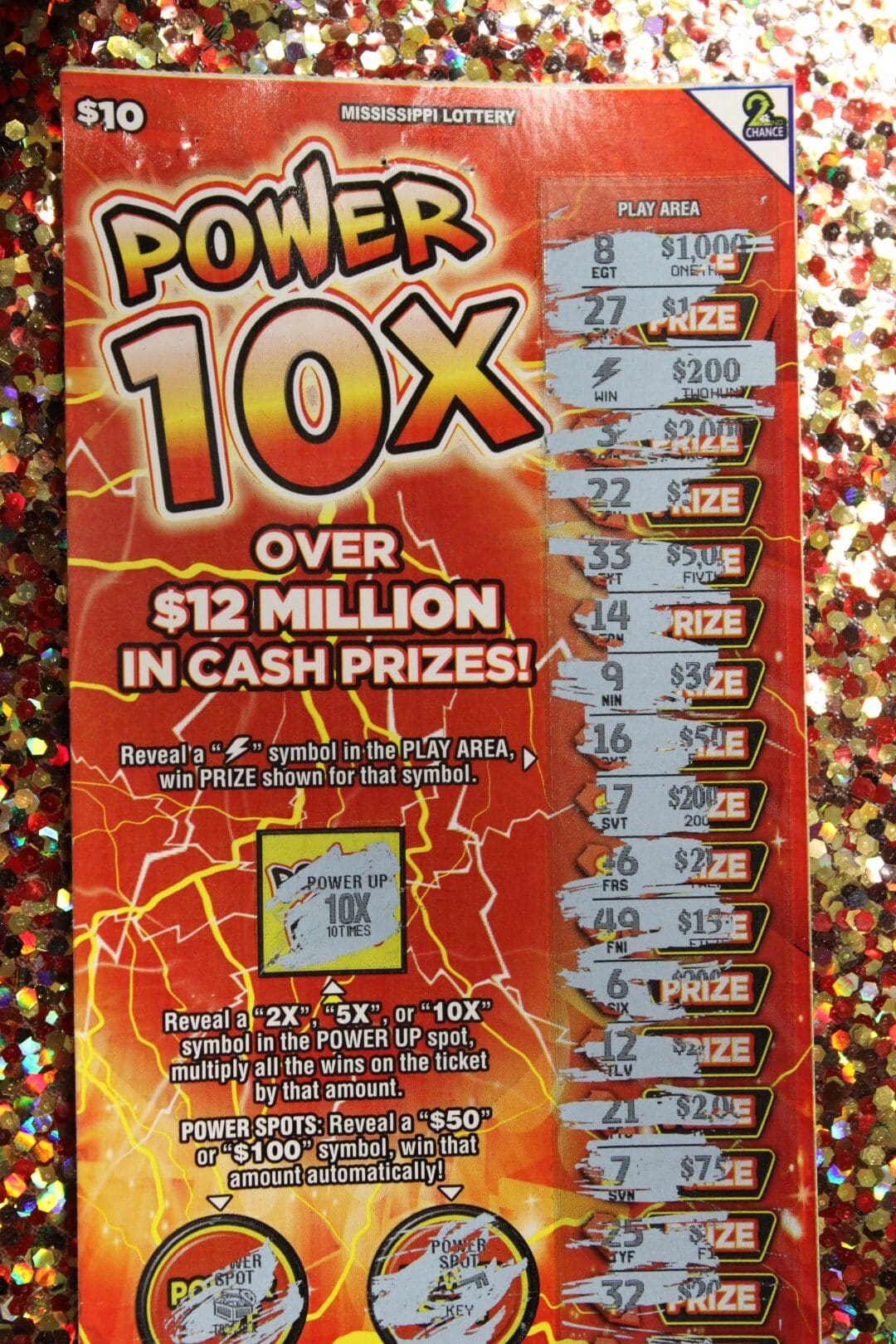
In 2021, Americans spent upward of $100 billion on lottery tickets. It’s a big industry, and states have marketed it as a way to raise revenue for their social safety net. But there are questions about how meaningful that revenue really is in broader state budgets, and whether the lottery system is worth the trade-off it creates with people losing money.
If you want to improve your odds, try playing
a smaller lottery game with fewer players. That will reduce the number of combinations, so you have a higher chance of picking a winning sequence. And avoid numbers that other people are playing—like those associated with birthdays or ages of children. Those numbers are more likely to be picked by others, and you’ll have to split the prize with them if you win.
I’ve talked to a lot of lottery players who are really into it, and spend $50 or $100 a week on tickets. These are people who have been doing this for years, and they’re not just irrational or being duped. It’s an addiction, and it’s a big part of the reason that lottery plays are so widespread. It’s an addictive form of gambling that obscures the regressivity that is embedded in it, and it creates a false sense of hope. I think there’s a real danger in this, and we need to address it.